This was the first forced labour camp in communist Albania. It was built in the Jubë village of Durrës and its purpose was the opening of irrigation canals to reclaim arable land.
Around 700-800 prisoners worked in Jubë, who were from nearby prisons in Tirana, Durrës etc. Political prisoners opened irrigation canals by the sea. The aim was the water’s passage to the sea to reclaim arable land. Among the convicts were former government officials Ibrahim Biçakçiu, Koço Kotta, Et’hem Cara, who were not only maltreated in the workplace, but had to enter the camp by going through a barbed-wire cylinder on all fours. They opened a canal that was five kilometres long, six metres wide and ten metres deep. The duration of works was approximately four months. There are few records on this camp. According to records from the Division of the People’s Defence, the camp had a staff of 42 people (36 soldiers, five non-commissioned officers, one officer).
Beqir Ajazi, a former prisoner who had been imprisoned in Tirana, describes work at this camp as follows:
“In an April day of 1946, when we had just returned from the open air area and prisoners had fell into a sort of calm, either studying, playing chess or domino, an unusual noise would be heard somewhere in the prison’s premises… Finally, the gate was loudly opened and a young officer appeared with a letter on his hand…
‘Listen up!’ he called. ‘Everyone who hears his name, tie your clothes, collect them all on your back and come to the yard immediately.’
They took us to the Jubë Camp and put us in tents, six people per tent. Whoever had a mattress was fine because he could lie on it. Who didn’t have anything would lie on the ground, but at his designated spot. There was a good thing, he couldn’t get wet by the rainwater. Just like us, they took people from Elbasan, Vlora and Berat, in the end we were around 800 people.
They put us to work from the next day. Our task was to dig the Jubë canal to save the field from floods. The camp commander was Vangjel Mihali, who had recently got this job after having been a waiter in Korça. He had a temper and was cruel to us, striking us with no mercy. In the first day, the forced labour system didn’t seem so terrible to me from what I had read. We worked normally and nobody bothered or provoked us. The next day we got to work with more courage, because we thought we got used to it. But, when we returned from the second day’s work, the situation had drastically changed… Before the camp’s large gate, which was surrounded by barbed wire, they had brought another type of barbed wire. This had the shape of a cylinder, stood before the gate and was large enough to walk through it on all fours. As the weary workers waited to enter the camp and lie down on their spots, a list of names was read aloud to us. Those whose names were on the list would not enter the camp, the others, yes…
Everyone from the list were well-known figures of past regimes, such as prefects, ministers, generals and so on… These were forced to walk through the barbed-wire cylinder on all fours. Whoever dared stop would meet the wrath of police beatings from the gaps of the barbed wire right on human flesh. The poor prisoners had to walk by finding gaps to put their knees and hands in order to advance. Almost in each step, the poor knee or wide pants would get stuck on a barb. Just as you concentrated in freeing your knee from that barb, another barb on the top would pierce your shirt or back. And this physical exercise would be continued by camp commander Vangjel Mihali all the way till midnight. When they returned to lie down and sleep, their bodies would drip blood and shirt and pants would be torn…
After many sufferings and tortures, we returned by the end of October to the prisons from whence we came.”

